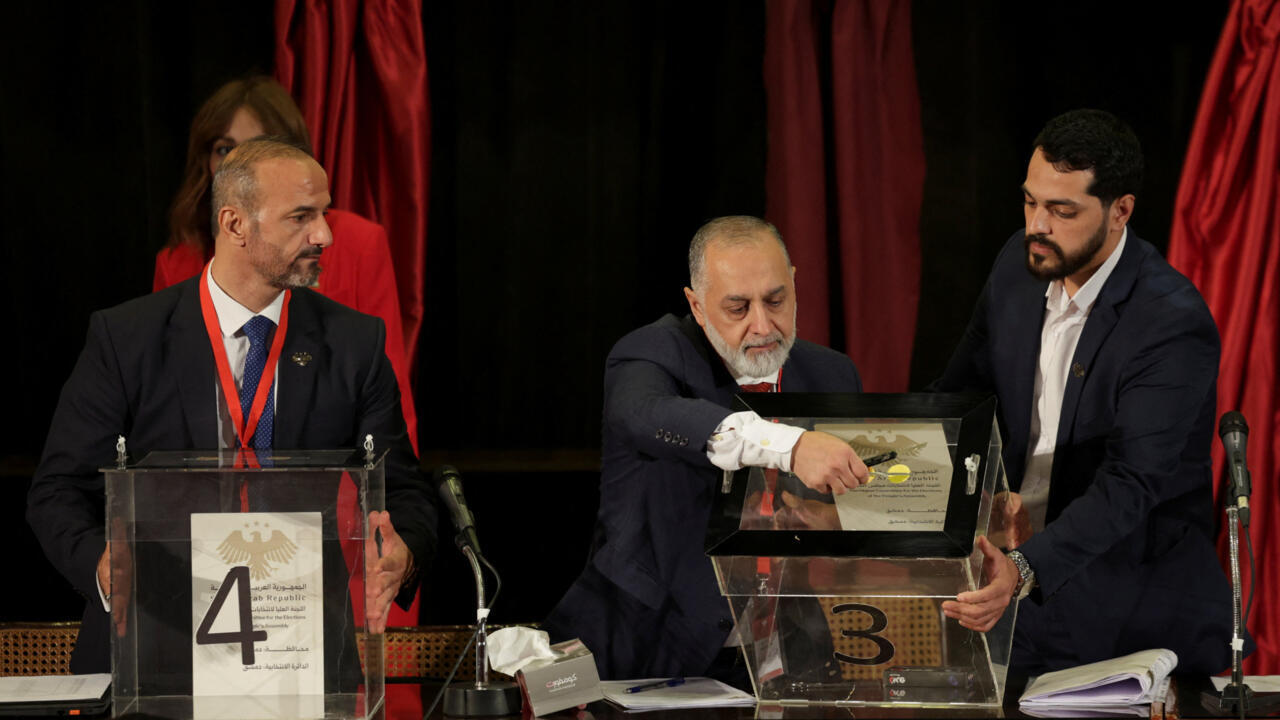PRESS REVIEW – Monday, October 6, 2025: French Prime Minister Sebastien Lecornu's government is on most of the French front pages. Also, negotiators head to Egypt in the hopes of reaching a ceasefire agreement for Gaza, based in part on Trump's 20-point peace deal. Next, scientists look for new liveable planets and find traces of life on Mars. Finally, pets get blessed in Washington. [Editor's note: this press review aired before Lecornu's resignation].
French Prime Minister Sébastien Lecornu's government is all over the French papers this morning. The Nouvel Obs wonders if this new government might break a double record, asking: "will the government which took the longest to be formed also be the shortest lived?” Libération questions the lack of change. Lecornu had promised a break away his predecessor François Bayrou's government when he took office, but 12 of the 18 ministers appointed are left over from the Bayrou cabinet. Mediapart calls it the "ultimate affront" and accuses President Emmanuel Macron of turning a blind eye to the downfall of his previous government. Aujourd'hui en France discusses how the new government might fall. Le Figaro says that Lecornu's main problem is not the parliamentary battles ahead, but those being fought within his own government. [Editor's note: this press review aired before Lecornu's resignation].
Following US President Donald Trump's 20-point peace plan, mediators are set to meet in Egypt for indirect peace talks between Hamas and Israel. It's the main story in most papers around the world. L'Humanité says that Netanyahu seems to be willing to do anything to sabotage the process. The Swiss paper Le Temps calls Trump's plan a game of Mikado. The New York Times outlines which sticking points could derail the diplomatic efforts. Politico says that one reason for optimism is Trump's investment in the plan, which could "further entice him to keep the pressure up on both sides". The Guardian illustrates Trump's personal motivations with a cartoon.
In other news, the BBC has a long read about the hunt for a "twin Earth" capable of sustaining life. It talks about the 1995 discovery by Scientists at the University of Geneva of 51 Pegasi b. In the 30 years since, more than 6,000 exoplanets have been catalogued, but the search for the perfect "Earth twin" continues. Meanwhile, The Times is looking for life on Mars, with help from Sherlock and Watson, instruments which may have discovered the strongest hints of alien life ever detected on Mars.
Finally, The Washington Post is covering the day of the blessing of animals in Washington.
You can catch our press review every morning on France 24 at 7:20am and 9:20am (Paris time), from Monday to Friday.











 English (US) ·
English (US) ·